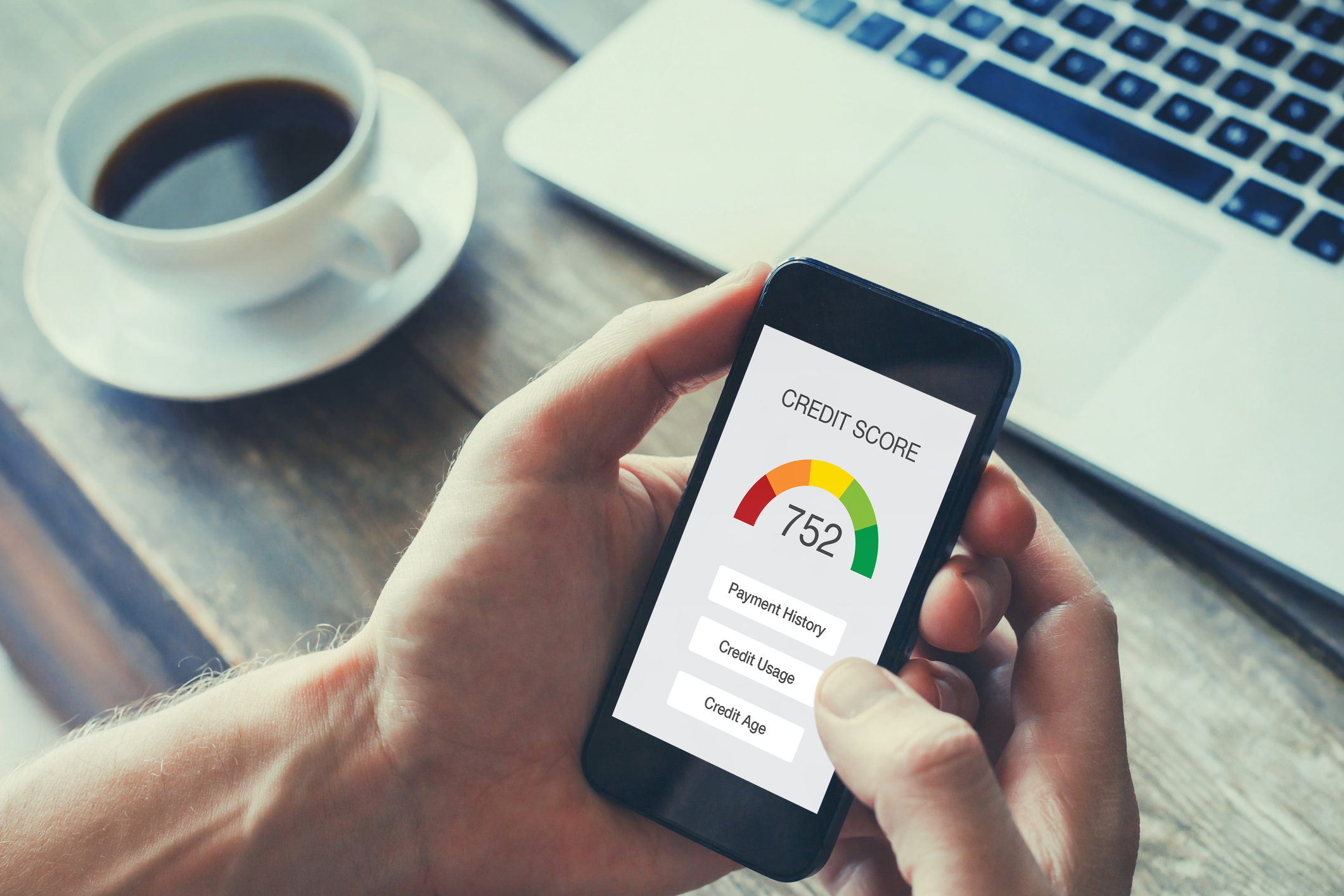Your credit score is a three-digit number that can significantly influence your financial life. It’s a snapshot of your creditworthiness, and it can determine your ability to secure loans, credit cards, and even housing opportunities. But what does your credit score really say about you?
Key Takeaways
- Your credit score is a numerical representation of your creditworthiness and likelihood to repay debt based on your credit history.
- The factors that make up your FICO® Score include payment history (35%), amounts owed (30%), length of credit history (15%), credit mix (10%), and new credit (10%).
- Lenders categorize credit scores into ranges: poor (300-579), fair (580-669), good (670-739), very good (740-799), and excellent (800+).
- Monitoring your credit score and identity through services such as MyScoreIQ can help you make informed financial decisions.
What Does Your Credit Score Say About You?
Your credit score is a reflection of your financial responsibility and credit management skills. It’s a numerical representation of your likelihood to repay debt based on your credit history.
A high credit score suggests that you’re a low-risk borrower who consistently makes on-time payments and manages credit responsibly. On the other hand, a poor credit score may indicate a history of late payments, high debt levels, or mismanaged credit accounts.
What Factors Make Up Your FICO® Score?
The most widely used credit scoring model, FICO® Score, considers several factors to calculate your credit score. Understanding the following factors that make up your score can help you manage your credit more effectively.
Payment History (35%)
Your payment history is the most important factor in determining your credit score. Late or missed payments can negatively impact your score, so it’s essential to pay all your bills on time. Even a single late payment can remain on your credit report for up to seven years, so it’s crucial to maintain a consistent track record of timely payments.
Amounts Owed (30%)
This factor considers the total amount you owe across all your credit accounts and how much of your available credit you’re using. Lenders prefer borrowers who maintain a low credit utilization ratio, which is the ratio of your total debt to your total credit limit. Keeping your credit card balances low and avoiding maxing out your credit limits can positively impact your score.
Length of Credit History (15%)
A longer credit history generally benefits your score, as it demonstrates your ability to manage credit responsibly over an extended period. However, this factor doesn’t mean you should keep unused credit accounts open indefinitely. Instead, focus on maintaining a diverse mix of active accounts and making timely payments.
Credit Mix (10%)
Having a diverse mix of credit types, such as revolving credit (credit cards) and installment loans (auto loans, mortgages), can positively influence your score. Lenders view borrowers with a diverse credit mix as more experienced in managing different types of credit responsibly.
New Credit (10%)
Opening too many new credit accounts in a short period can temporarily impact your score, as it may indicate increased risk. Each time you apply for credit, lenders will make an inquiry on your credit report, which can slightly impact your score. However, this factor typically has a minimal impact on your overall score, especially if you have a long credit history.
How Do Lenders See Your Credit Score?

Lenders use credit score ranges to evaluate the risk of extending credit to you. Here’s how FICO® Scores are categorized:
Poor: 300-579
A poor credit score can make it challenging to secure credit or loans, and you may face higher interest rates or security deposits. Lenders may view you as a high-risk borrower and may deny your applications altogether.
Fair: 580-669
A fair credit score may still limit your options and result in higher interest rates or fees. Lenders may be willing to extend credit, but the terms may not be as favorable as those offered to borrowers with higher scores.
Good: 670-739
A good credit score is generally considered an acceptable level of risk for lenders, and you may qualify for competitive interest rates and terms. However, you may not receive the best rates available, which are typically reserved for those with higher scores.
Very Good: 740-799
With a very good credit score, you’re likely to receive the best interest rates and terms from lenders. This score range demonstrates a consistent history of responsible credit management, making you an attractive borrower.
Excellent: 800+
An excellent credit score is a testament to your financial responsibility, and you’ll have access to the most favorable credit opportunities. Lenders will view you as a low-risk borrower, and you may qualify for the lowest interest rates and fees available.
FAQs
How often is my FICO® Score updated?
Credit scores are typically updated monthly as new information is reported to the credit bureaus by lenders and creditors.
What is a good credit utilization ratio?
It’s generally recommended to keep your credit utilization ratio (total debt/total credit limit) below 30% to maintain a good credit score.
How long do negative items stay on my credit report?
Most negative items, such as late payments or collections, remain on your credit report for seven years from the date of the original delinquency.
Can checking my credit score negatively impact it?
No, checking your credit score is considered a soft inquiry, which does not impact your credit score.
How can I reach my credit score goals?
Focus on making on-time payments, keeping credit utilization low, diversifying your credit mix, and minimizing new credit applications.
Bottom Line

Your credit score is a powerful tool that reflects your financial behavior and creditworthiness. When you understand the factors that make up your score and maintain good credit habits, you can reach your credit goals and access better borrowing opportunities. An excellent credit score not only opens doors to favorable interest rates and terms but also demonstrates your financial discipline and responsibility.
Are you ready to take control of your credit and financial well-being? MyScoreIQ offers credit monitoring and identity theft protection services, coupled with access to your FICO® Scores. Stay informed and establish a strong credit foundation for a brighter financial future.












